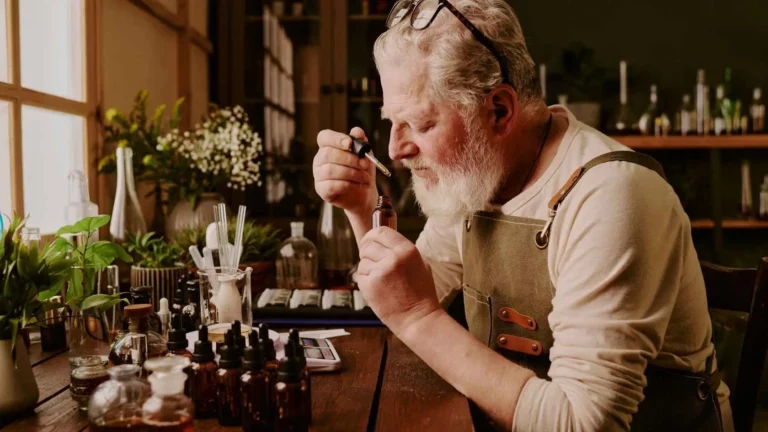Perfume Psychology: Can a Fragrance Really Make You Happier or More Attractive?
Ever noticed how a certain scent instantly lifts your mood, boosts your confidence, or reminds you of someone special?
Welcome to the world of perfume psychology where fragrance meets emotion, memory, and even attraction.
This guide explores the scientific and emotional power of scent, revealing how fragrance doesn’t just make you smell good it can transform your mindset, your presence, and how others perceive you.
💬 Ready to unlock the emotional intelligence of your perfume?
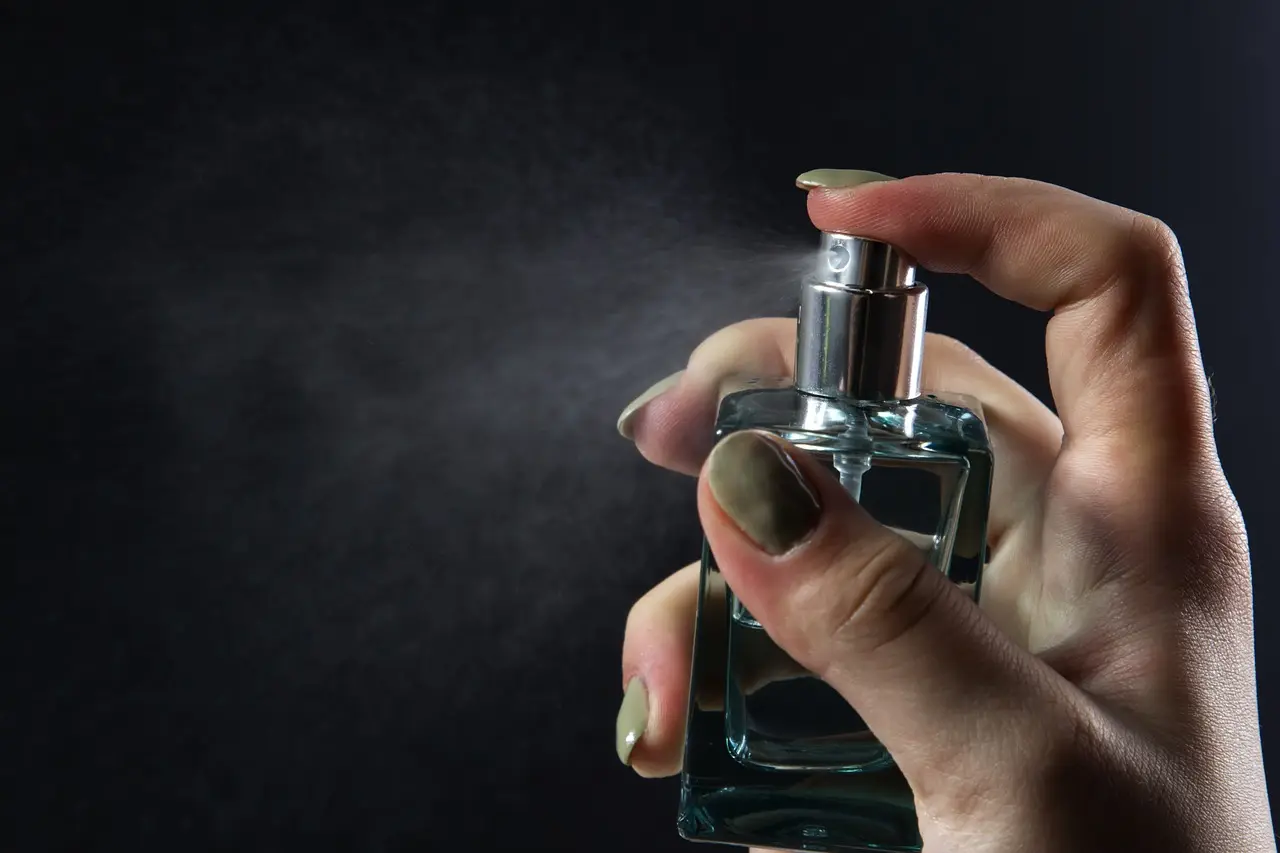
What Is Perfume Psychology?
Perfume psychology explores how scents influence our:
Emotions & mood
Confidence & behavior
Memories & nostalgia
Social perception & attraction
It blends two major scientific fields:
| Field | Focus Area |
|---|---|
| Aromachology | How scent impacts mood, emotion, and wellbeing |
| Olfactory Psychology | How smell affects the brain and behavior |
📖 Related Reading: Perfume Notes Explained
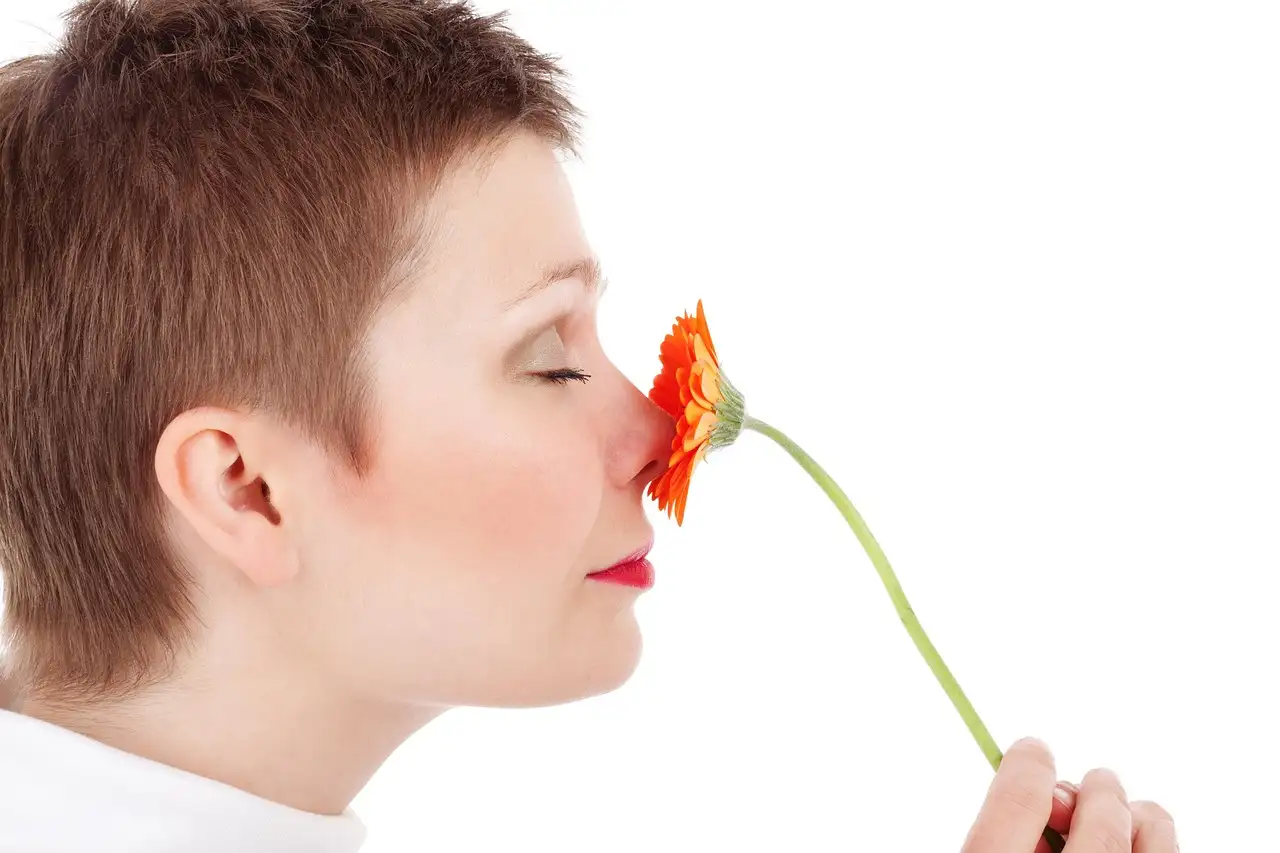
How Perfume Influences Mood & Emotions
Your favorite fragrance isn’t just a luxury it can actively change how you feel and function.
Emotional Effects of Fragrance Families:
| Scent Family | Emotional Impact | Examples |
|---|---|---|
| Floral | Calming, romantic, nurturing | Rose, lavender, jasmine |
| Citrus | Energizing, optimistic, fresh | Lemon, bergamot, grapefruit |
| Woody | Grounding, confident, empowering | Sandalwood, vetiver, cedar |
| Gourmand | Comforting, joyful, indulgent | Vanilla, caramel, chocolate |
| Oriental | Sensual, exotic, introspective | Amber, incense, patchouli |
🧪 Case Study:
- A University of Vienna study showed citrus scents like grapefruit significantly reduce cortisol levels (stress hormone).
The Brain on Fragrance: The Science Behind the Scent
When you inhale a scent:
Fragrance molecules activate your olfactory bulb
Signals are sent to the limbic system : the brain’s emotion and memory center (amygdala + hippocampus)
Emotional and behavioral reactions are triggered—before you even think
This explains why a whiff of perfume can instantly:
Make you feel calmer
Boost confidence
Transport you to a vivid memory
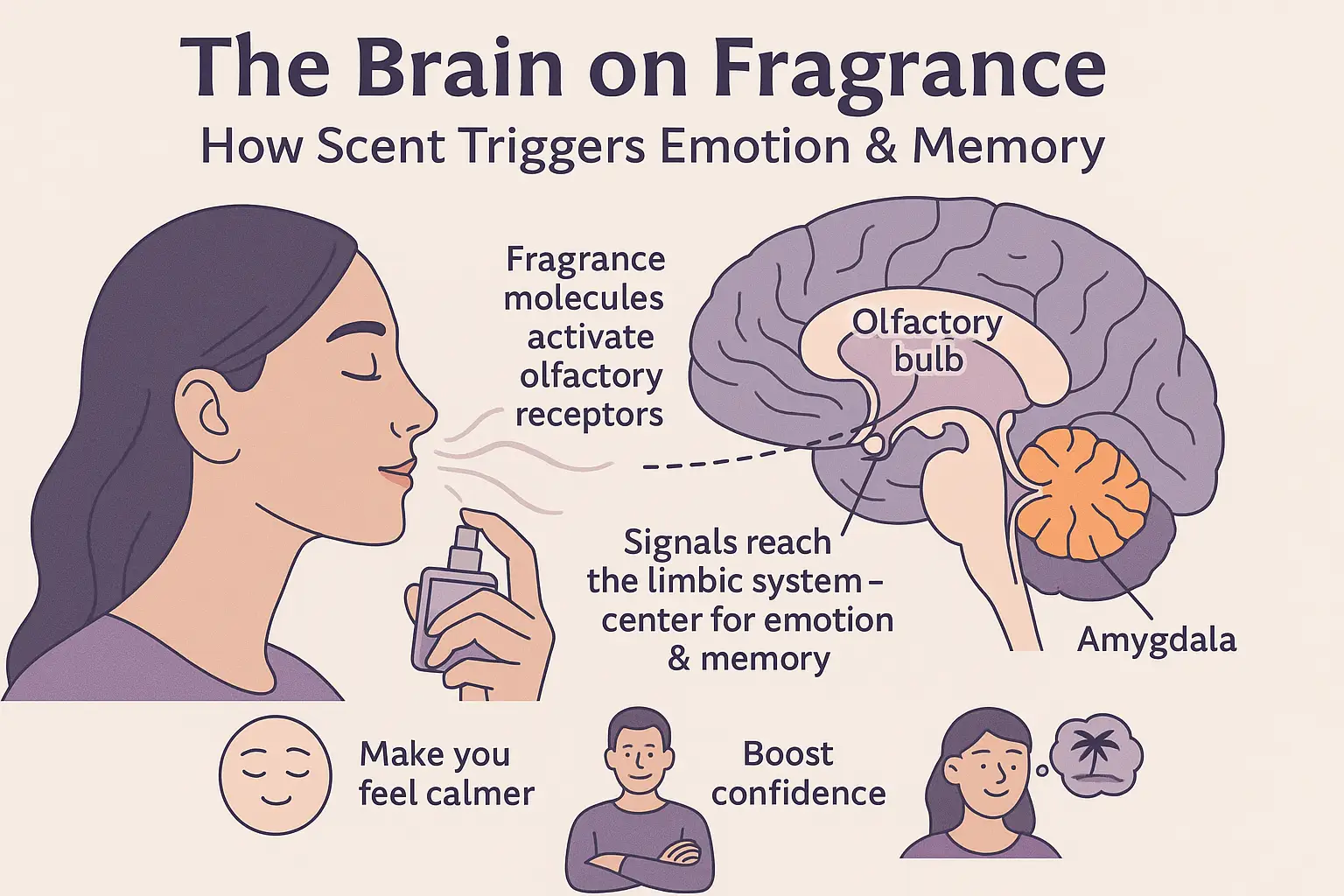
Perfume, Nostalgia & Memory
Smell is the strongest memory trigger of all senses.
A scent worn on a first date, vacation, or wedding day can evoke instant emotional recall.
The brain stores scent-linked memories deeper and more emotionally than images or sounds.
💬 Real-Life Example :
“Every time I smell jasmine, I remember my grandmother’s garden. It’s instant.”
Fragrance & Attraction: How Perfume Influences Perception
Scent is one of the most powerful non-verbal signals in human interaction.
It can influence how charismatic, clean, confident, or attractive someone appears.
| Note Type | Psychological Effect | Best for… |
|---|---|---|
| Musk | Sensual, skin-like, pheromone mimicking | Romantic attraction |
| Vanilla | Cozy, familiar, subconsciously inviting | Approachability & warmth |
| Amber | Bold, mysterious, exotic | Magnetic presence |
| Woody | Confident, grounded, mature | Authority, charisma |
📌 Tip: Some fragrances mimic pheromonal effects by activating subconscious attraction responses without actual pheromones.
Examples of Highly Attractive Fragrances:
YSL Black Opium – vanilla, coffee
Le Labo Santal 33 – sandalwood, musk
Dior Sauvage – ambroxan, woods
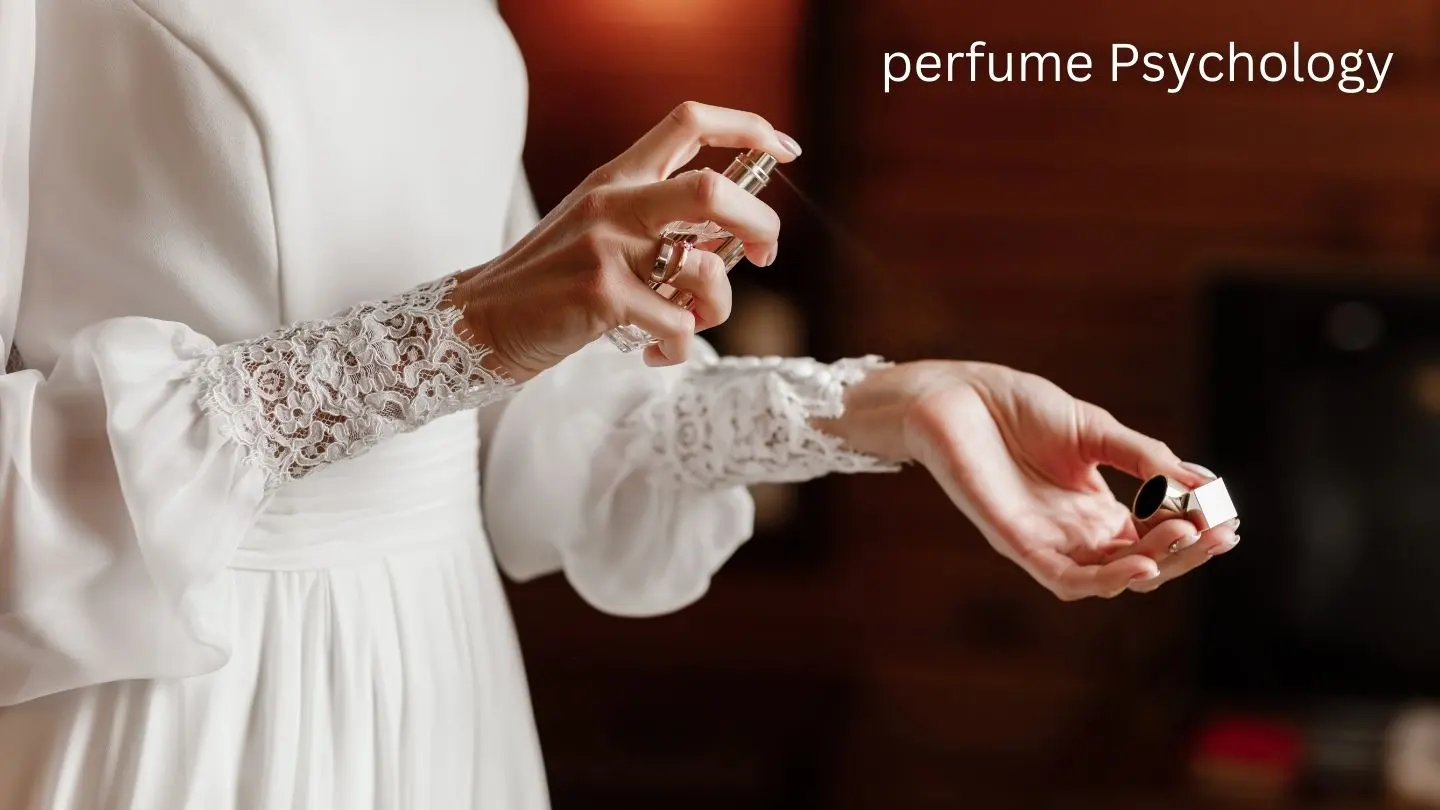
Choose Your Perfume by Psychological Effect
Harness perfume psychology to boost your mood, mindset, and magnetism:
| Goal | Recommended Notes |
|---|---|
| Feel Calmer | Lavender, sandalwood, vanilla |
| Boost Confidence | Oud, amber, musk |
| Increase Focus | Peppermint, rosemary, citrus |
| Enhance Attraction | Musk, vanilla, florals, tonka bean |
🎯 Try this:
Bold & Charismatic → Woody / Oriental
Romantic & Gentle → Floral / Gourmand
Energetic & Optimistic → Citrus / Fresh / Aquatic

Perfume Psychology in Marketing & Branding
Fragrance is also used to shape emotions and drive consumer behavior:
Hotels diffuse signature scents to evoke luxury & increase guest satisfaction
Retail stores like Abercrombie & Fitch pump signature fragrances to create identity and influence purchasing
Luxury brands develop custom scent branding to evoke exclusivity, desire, and memorability
🤯 Fun Fact: Branded scents increase store dwell time and memory recall by up to 40%.
🧪 Studies That Prove the Power of Perfume
IFF Confidence Study: Participants wearing musky and woody scents reported feeling more self-assured
Aromachology Research: Lavender and ylang ylang reduced heart rate and improved calmness in real-time monitoring
Perfume Psychology FAQs
Can perfume really change your mood?
Yes—scents like lavender and citrus have been proven to influence brain chemistry, reducing anxiety or boosting focus.
Which perfume scents are most attractive?
Musk, amber, vanilla, and sandalwood are often rated highest in attractiveness and memory recall.
Does smell affect confidence?
Absolutely. Wearing a scent you love can enhance self-perception and influence how others respond to you.
Why do smells trigger strong memories?
Scent bypasses logic and enters the limbic brain the emotional and memory hub causing deep, vivid recall.
Can perfume help reduce stress?
Yes , lavender, chamomile, and sandalwood are known for their anxiety-reducing properties.
What can perfume symbolize?
Perfume can symbolize luxury, confidence, romance, nostalgia, or even power. It is often used to convey personality, emotions, and status, with different scents reflecting different moods and traits.
Does perfume reflect personality?
Yes! Studies suggest that fragrance choices align with personality traits: Floral scents → Romantic & gentle Woody & spicy scents → Confident & bold Citrusy scents → Energetic & optimistic Musk & oud → Mysterious & sophisticated
Is it attractive to wear perfume?
Absolutely! Wearing perfume enhances personal appeal, leaves a memorable impression, and boosts self-confidence. Studies show that people perceive those who wear a pleasant fragrance as more attractive, charismatic, and even trustworthy.
Fragrance isn’t just something you wear—it’s something that shapes how you feel, how others feel about you, and how you’re remembered.
Whether you want to:
Feel calmer
Boost your confidence
Leave a lasting impression
Or unlock an old memory
Perfume psychology gives you the tools to do it intentionally.
🧠 Ready to master your scent and mood? Explore your signature scent using the psychology of perfume.
Ready to dive deeper into fragrance mastery? Explore our comprehensive guides on Perfume Fragrance Notes Explained and Perfume Concentrations & Their Effects!


